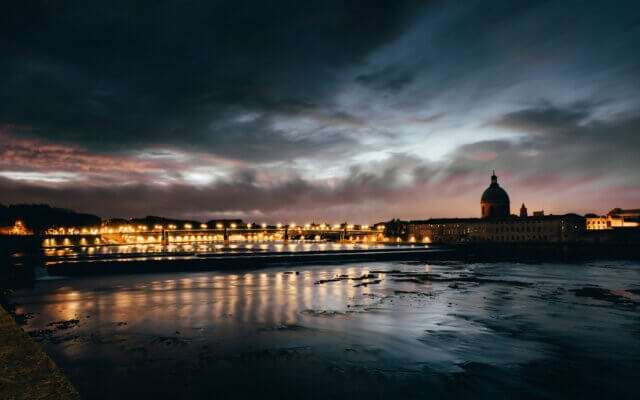Programme & action: ERASMUS+, Key Action 2: Training Course
Venue: Sabač, Serbia
Dates: 15 – 22 July 2017
Participants: Vít Votroubek, Lenka Tomečková, Martin Švec
Please read the iinfo-pack & detailed description
Hosting organisation: European Centre for Ecology
Participating organisations: Italy, Turkey, Macedonia, Albania, Czech Republic, Greece, Romania
Project report:
I would like to introduce an amazing second phase of project called Energy Efficient Baled Straw Ecological House. This second part was held in Serbia, city Šabac in Vojvodina the west region from Beograd. In next paragraphs I will tell you more about this nice experience.
First day we were introducing each other. It was amazing to meet again people from the first phase and see how they moved. We visited small village near Šabac. The sessions were in traditional ecological centre. I was really surprised from typical village atmosphere and respect to traditions. The whole house was reconstructed in typical style with nice garden. We shared our expectations and did very important ice breaking.
Next three days we moved to another location where we helped to build straw baled house. You can look at attached photos. House had already finished wooden construction and reed roof. So, we could go throw new building experience. Concretely we filled the walls by the straw blocks. I saw some videos about this technics before but I did not expect that it is so difficult. Many people think that you take straw block and put in the gap between wooden construction, but it is not so easy. The block is much larger than the gap because it should be pressed to ensure the shape stability. If not, the whole system will not be working and it would be working just for feeding animals 🙂 There are several methods how to do it. You can use some machines but owners of this house really would build this house with no mechanization and with traditional principles. All used methods were really handmade and invented at the place. Vuk, the architect of house told us: Use your creativity and natural materials from your region and try to find new ways. We used our foot to pressure the straw block to the gap.
During our stay at the house we had many possibilities to try traditional buildings methods. Vuk and very hospite owners of house showed us all details. For example the system of isolating straw blocks against water. Because straw baled system has one small weakness. It is very sensitive to water. If you save the construction in good conditions it can be working for hundreds of years. Then they explained to us how straw is working as a natural isolation and how to protect it against mice. Very interesting stuff is the reed roof. Today there are only several companies which are focused on it. Many people do not believe it but it can work for many years. Vuk took all this very specific knowledge during his stay in Africa.
The last day at house we tried to create clay plaster. Vuk showed us importance of well prepared mixture in good ratio of clay, water and crushed straw. We made a test, we threw piece of clay on the floor. It should stay in same shape of ball. During whole work at house serbian team took care about coffee breaks and contemporary balkan music. It was really nice atmosphere despite there was warm weather.
Last day for evaluation we spent in science centre near Šabac. We slowly closed our planned aims. I really appreciate that I could be part of this project. Thanks projekts like this, Serbia is moving more. Vesna, one of trainers told: If you would change the world you must change mindset of people. Outputs of this projects were presented in several newspapers and help to create bigger awareness about ecological buildings. Old generation sometimes remembers on this natural buildings but they quickly forgot. The next generation lost this roofs as well. Unfortunately many people do not believe in this construction a and have many prejudices. The main aim of this project is show to people another possibilities in construction then classic concrete and bricks lobby in building constructions.
Vít Votroubek


